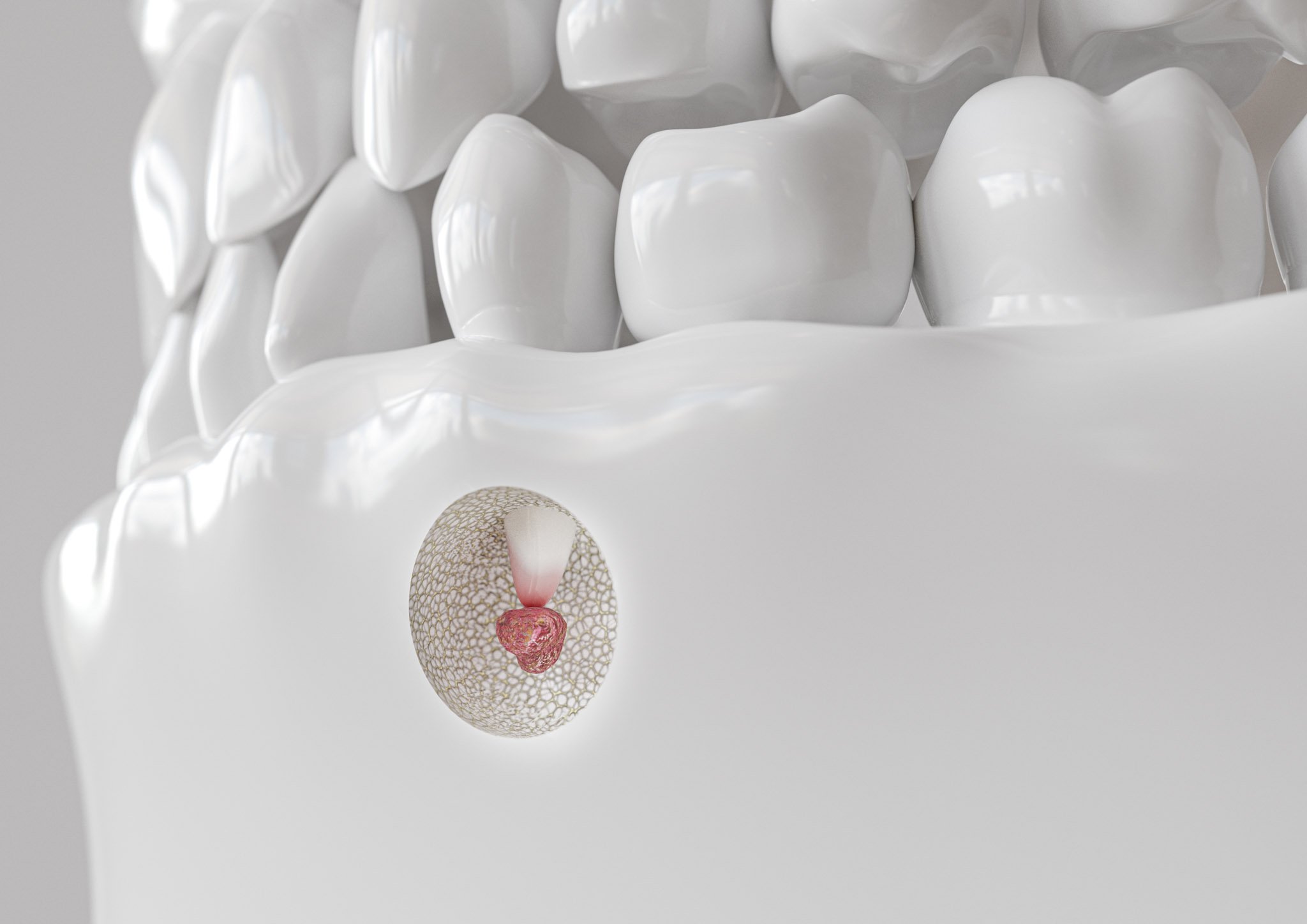Apicoectomy | Reverse root canal
Apicoectomy is a surgical procedure that is done to treat an infection that occurs at the root tip (apex) of a tooth. Here's what you need to know if you are considering apicoectomy:
Indications: Apicoectomy is typically recommended when a root canal treatment has failed. Apicoectomy may also be performed to treat a large abscess or cyst at the root tip of a tooth.
Effectiveness: Apicoectomy has a fair success rate in saving a tooth that would otherwise require extraction. For this reason, it is a controversial procedure and is not performed by some oral surgeons. At worst, it can fail and the tooth may need to be extracted. At best, it can buy some more time on the life of your tooth and you can keep your natural tooth for longer.
Procedure: Apicoectomy is performed in the office, generally under local anesthesia, but we do offer laughing gas and IV sedation options. We make a small incision in the gum tissue near the affected tooth to access the root tip. The tip of the root will then be removed along with any infected or inflamed tissue. We then clean and seal the area before suturing the gum tissue back in place. You may experience some swelling and discomfort after the procedure, but this can usually be managed with pain medication and by following our post-operative instructions.
If you have been told that you need an apicoectomy, it's important to discuss the procedure and its potential benefits and risks with your surgeon to determine if it is the right treatment option for you.

